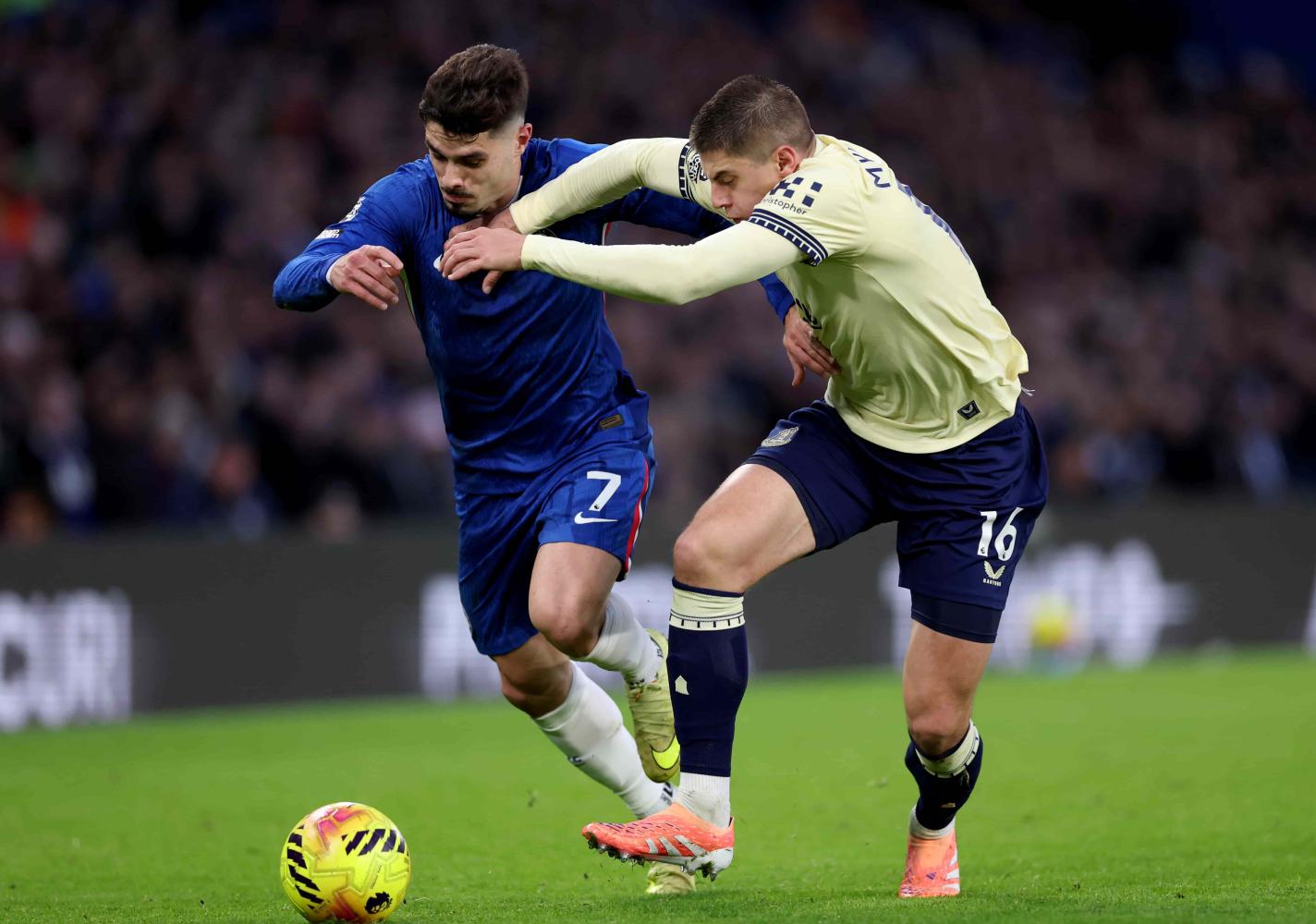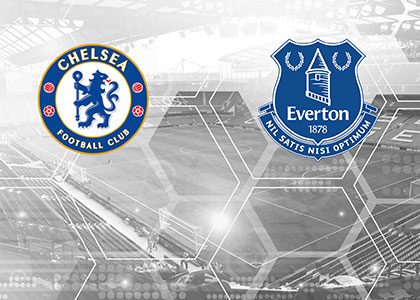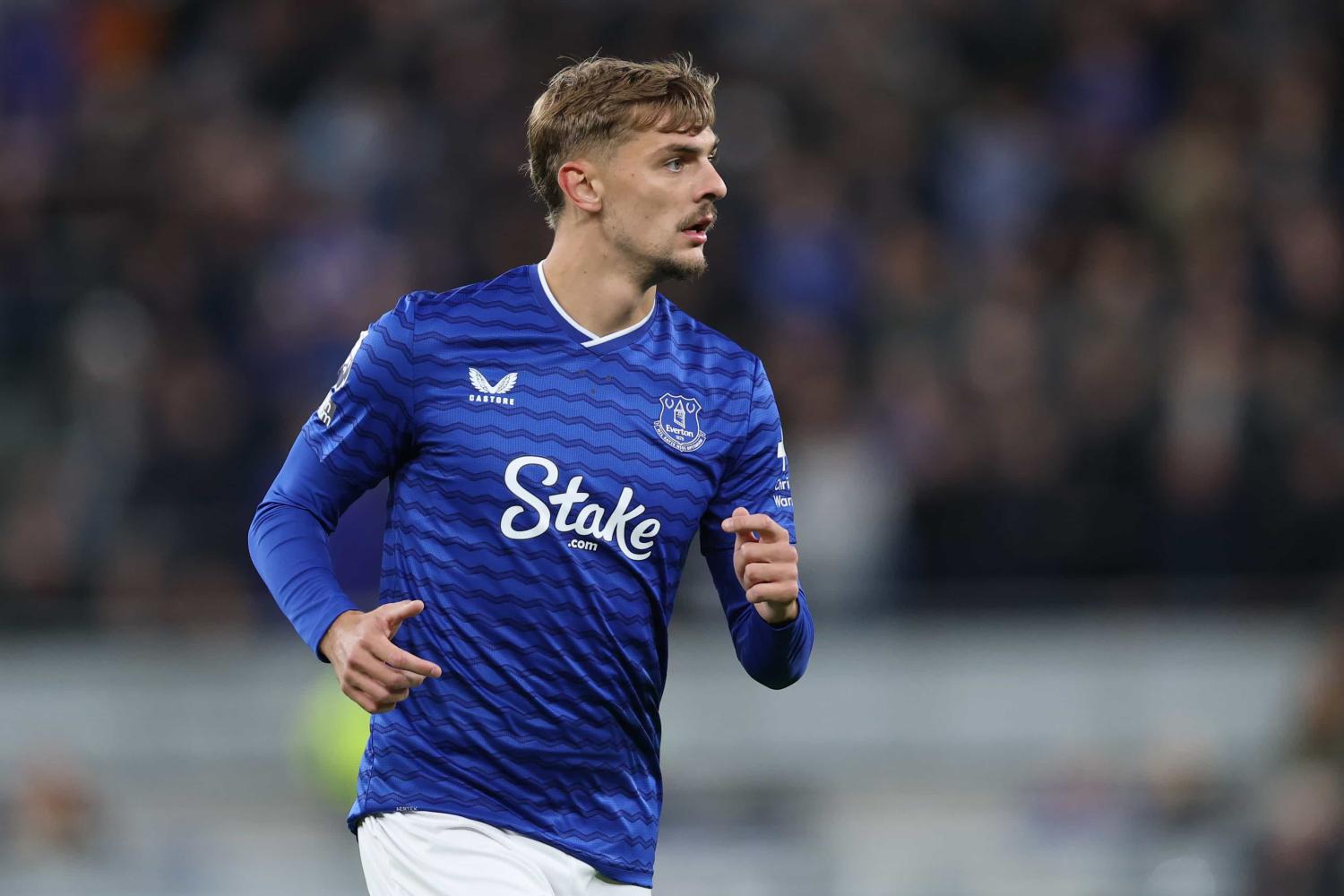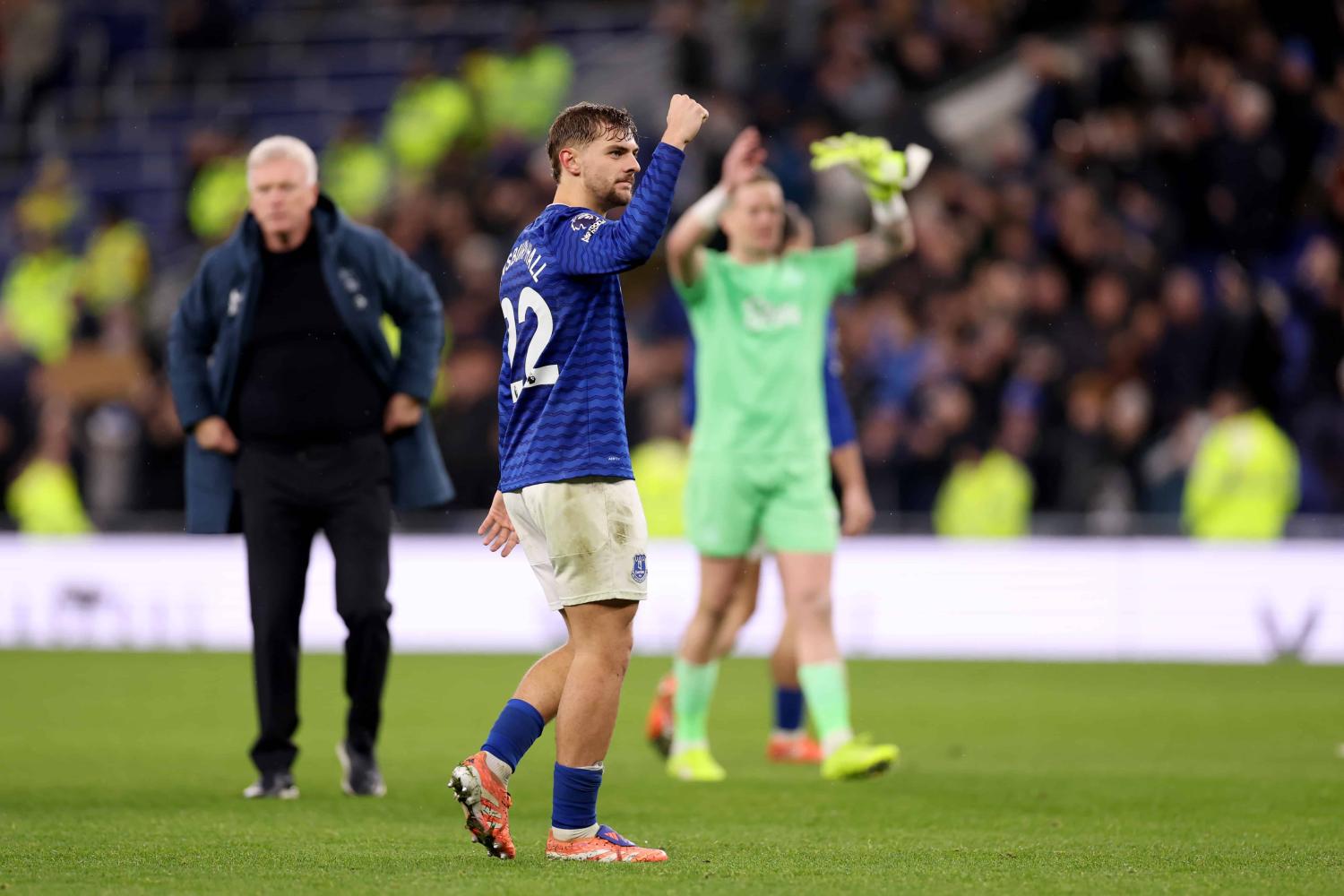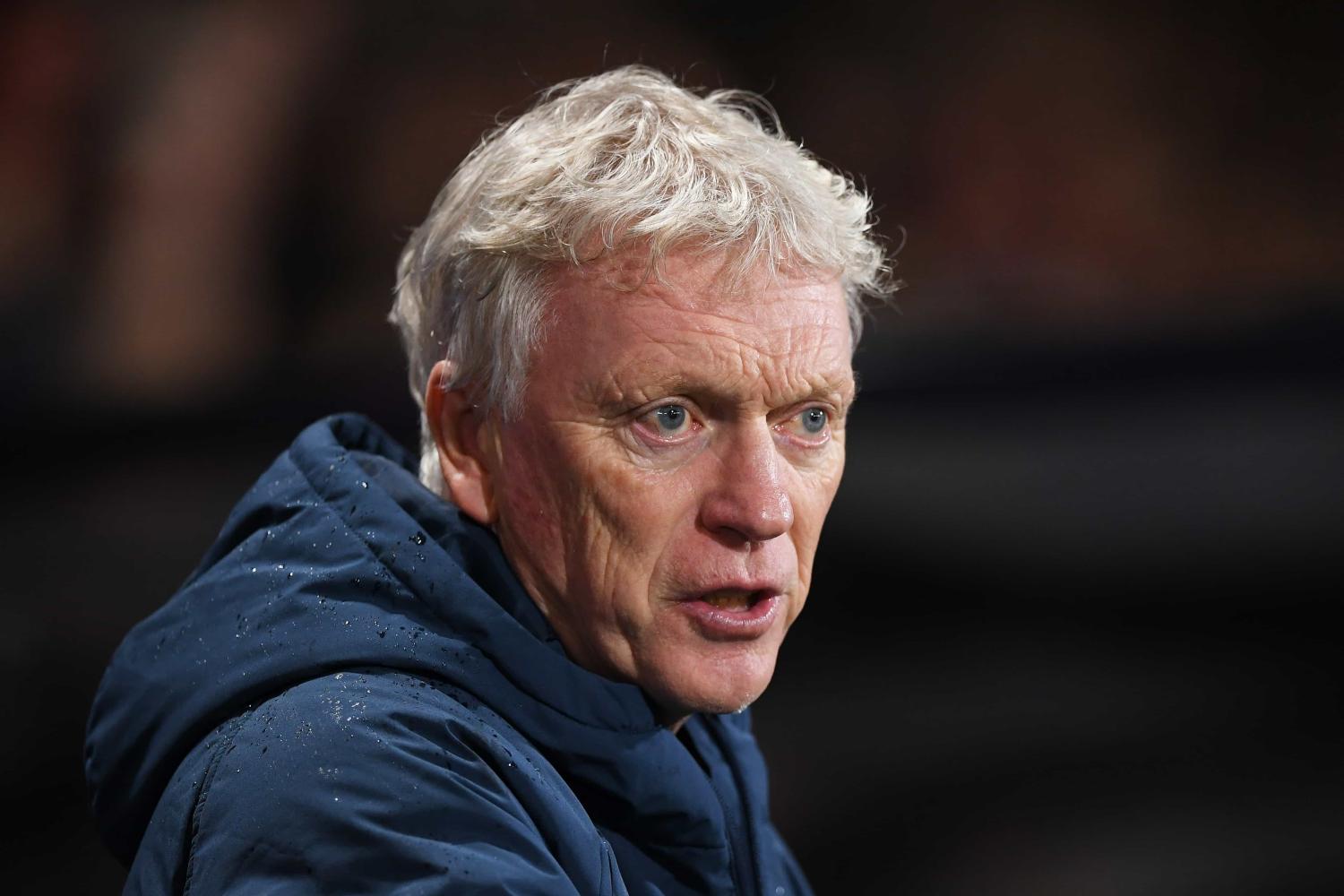Everton Football Club has a storied history and a passionate fanbase. Their recent sponsorship deals reflect a broader trend in football. The club's partnership with Stake.com, a leading casino and sports betting platform, and their club-record kit deal with Castore highlight the increasing influence of gambling and foreign money in the sport. These deals are part of a larger movement seen across many clubs, where sponsorships with high financial stakes become central to the clubs' financial health.
Sponsorship in football is evolving rapidly, with clubs seeking more lucrative and diverse income streams. For Everton, this strategy includes securing deals that provide significant financial support, as discussed in fans' comments on ToffeeWeb. For instance, their agreement with Stake.com is worth over £10 million per season. This kind of partnership underscores the growing trend of football clubs aligning themselves with betting companies, which has sparked a debate about the influence of gambling in sports.
Everton's story mirrors many other clubs navigating the complex landscape of modern football sponsorships. The emphasis is increasingly on deals that bring in revenue and enhance the club's global standing. These sponsorships are crucial in managing the club's financial obligations and investing in future successes. The intersection of sports and commercial interests underscores football's dynamic and ever-changing nature today.
Everton Football Club and the Evolution of Sponsorship
Everton Football Club has a rich history of evolving sponsorship deals that reflect broader changes in football. These sponsorships have shifted from simple advertisements to lucrative, multi-year agreements with global brands. In recent years, the landscape of football sponsorships has further expanded to include partnerships with online gambling platforms, including some of the best real money casinos. This trend has been controversial, with some viewing it as a valuable revenue stream for clubs, while others express concerns about the potential impact on vulnerable fans. Everton, like many Premier League clubs, has had to navigate this complex landscape, balancing financial opportunities with social responsibility. These sponsorships have provided significant financial support and influenced the club's global reach and marketing strategies, highlighting the intricate relationship between football, business, and the evolving entertainment industry.
The History of Everton's Sponsorship Deals
Everton’s journey with sponsorship began in the early 1980s when sponsors first appeared on their kits. Hafnia, a Danish food company, was their initial partner. This opened the door for other firms to step into this burgeoning field. Over the years, Everton partnered with various sponsors, each marking a different era. Nec and Danka were popular sponsors in the 1990s. In the 2000s, Chang Beer became a long-term partner, symbolizing a shift towards international brands. By the 2010s, betting companies like SportPesa and, more recently, Stake.com reflected a broader football trend of betting firms capitalizing on sponsorship opportunities despite controversy. Each sponsorship deal mirrored the club’s ongoing efforts to remain financially competitive in an increasingly commercialized sport.
Modern Sponsorship Strategies in Football
Today, football sponsorships are highly strategic. Everton’s modern approach exemplifies this. The club’s recent agreement with Stake.com is its largest ever, evidencing a shift towards global digital companies. Such deals are not just about finances; they also enhance global reach. This trend is driven by the need for clubs to maximize exposure and engagement across various platforms. Sponsorship has become multifaceted. Deals often include digital rights, social media exposure, and community engagement programs. For Everton, partnerships now aim to integrate deeply with the fan experience. Modern sponsorships reflect a broader industry trend where financial benefits are intertwined with brand-building and fan interaction.
Assessing the Impact of Gambling Sponsorships
Football sponsorships by betting companies have changed the sport in various ways. The following sections will dive into the rise of betting companies in football and the social and ethical concerns that have emerged.
The Rise of Betting Companies in Football
Betting companies have rapidly increased their presence in football. These sponsorships often include logos on team shirts, billboards around the stadiums, and even official partnerships with leagues.
In recent years, a significant number of clubs, especially in the Premier League, have secured lucrative deals with gambling firms. For instance, several teams have shirt sponsors from the betting industry. This influx of sponsorship money has helped clubs by providing needed financial support, especially during financial crises such as the COVID-19 pandemic. Teams rely on this funding to maintain operations and compete at high levels.
The betting industry's involvement in football is part of a broader trend. They see football as an excellent platform for promoting their brands due to its wide global audience. This strategy helps betting companies reach millions of fans worldwide, increasing their customer base and revenue.
Social and Ethical Considerations
The increasing visibility of gambling sponsorships in football has drawn concerns about the social and ethical impacts. One major issue is the exposure of children to gambling advertisements. Children watching matches are often influenced by the logos and ads they see, which could potentially normalize gambling at a young age.
There are also worries about problem gambling among fans. The constant exposure to betting ads can encourage gambling behavior, leading to addiction for some individuals. Critics argue that football should not be a venue for promoting gambling, as it can have serious repercussions on individuals and their families.
Furthermore, some public health advocates and campaigners have pushed for regulations on gambling sponsorships. They are calling for stricter rules, including potential bans on gambling logos on shirts and ads during live broadcasts. These measures aim to reduce the negative effects on fans and young viewers, trying to create a healthier environment.


